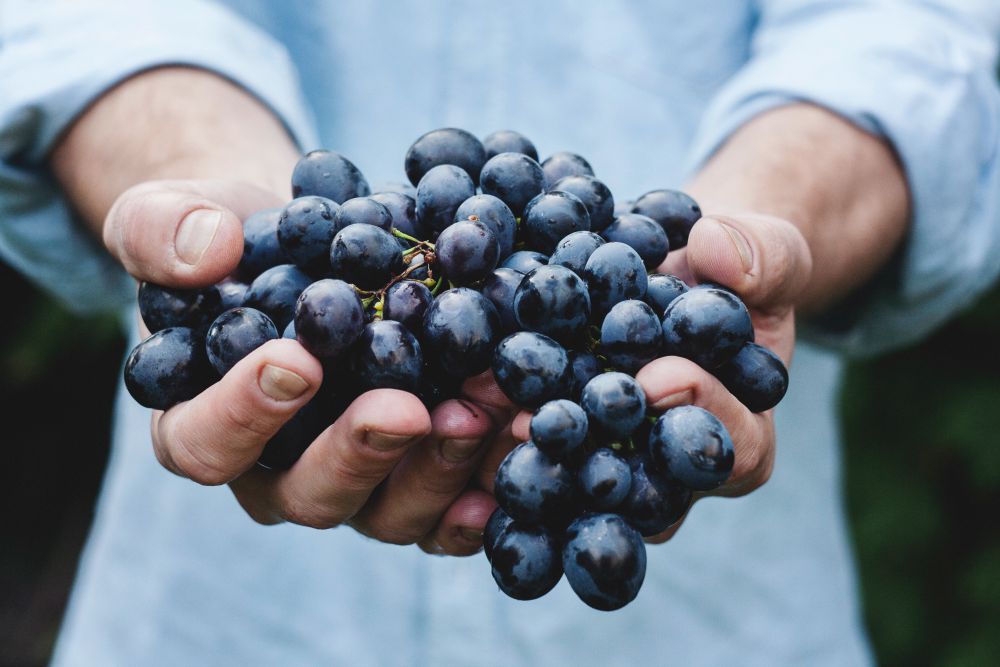More and more research is highlighting the strong connection between the gut and the brain. For many years we’ve heard of the damage that can be done to our bodies by high fat and high sugar diets. Now, there is startling evidence that the effects on our bodies are only part of the story, with diet also able to cause changes in the brain.
New research has found that a diet high in fat and sugar causes changes in the gut bacteria that seem to be related to a significant loss of cognitive flexibility, which is the power to adapt to change. The effect was strongest on a high sugar diet, which also impaired long and short-term memory.
The research was conducted on mice (because of their biological and physiological similarities to humans). After being fed different diets, they were given a variety of tests to explore the changes in their mental and physical function, as well as the changes in different types of gut bacteria.
After four weeks on a high fat or high sugar diet, there was a significant decline in the mental and physical function of the mice. One of the most profound changes was in cognitive flexibility.
Magnussen explained cognitive flexibility in this way, ‘Think about driving home on a route that’s very familiar to you, something you’re used to doing. Then one day that road is closed and you suddenly have to find a new way home.’
[irp posts=”590″ name=”Anxiety, Depression and the Surprising Role of Gut Bacteria”]
Someone with a high level of cognitive flexibility would quickly adapt by finding another way home, and remembering to use that same route the next morning. Someone with diminished cognitive flexibility would struggle to adapt to the change, and would likely have a slow, stressful trip home.
The mice used in the study were younger ones, who would typically have a greater capacity to resist the impact of changes to their gut bacteria, or microbiota. In older humans or animals whose biological system might not be as healthy, the effect of high sugar and high fat on cognitive function might be even stronger.
‘It’s increasingly clear that our gut bacteria, or mictrobiota, can communicate with the human brain,’ reported Kathy Magnussen, a professor at Oregon State University.
This study backs up an abundance of previous research that has demonstrated the influence of food on the brain, and gives us another good reason to taper down on fat and sugar.



Leave a Reply